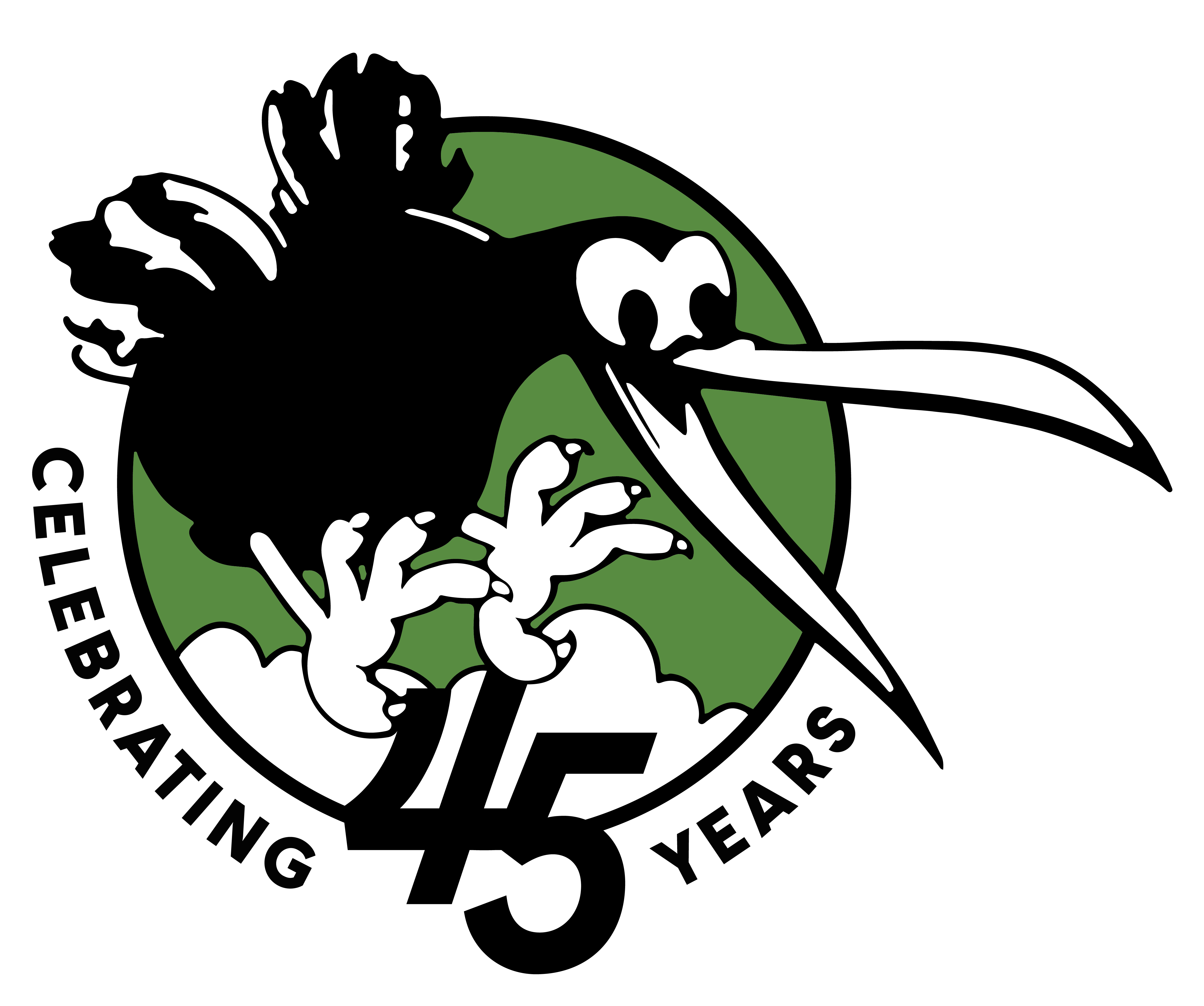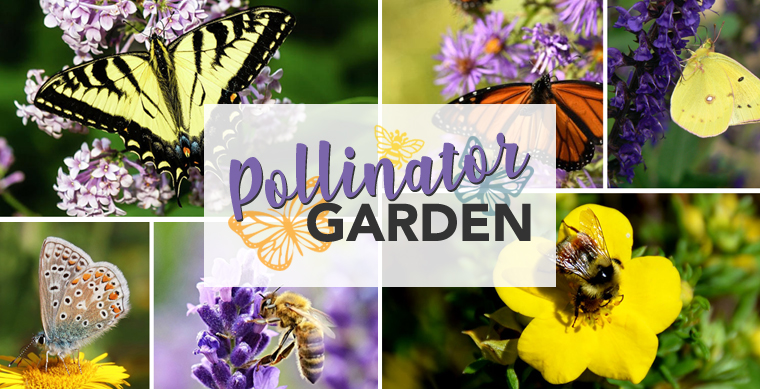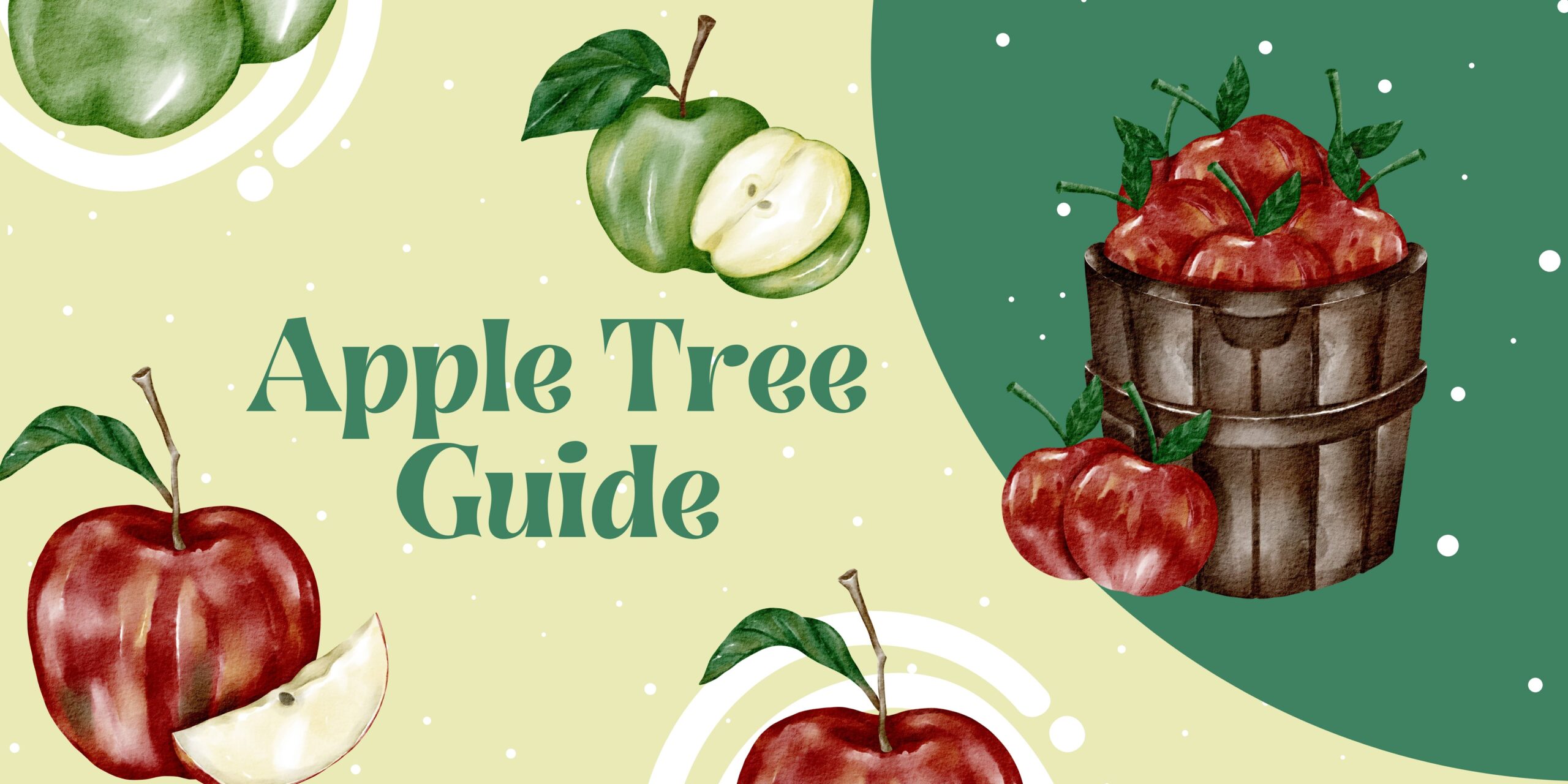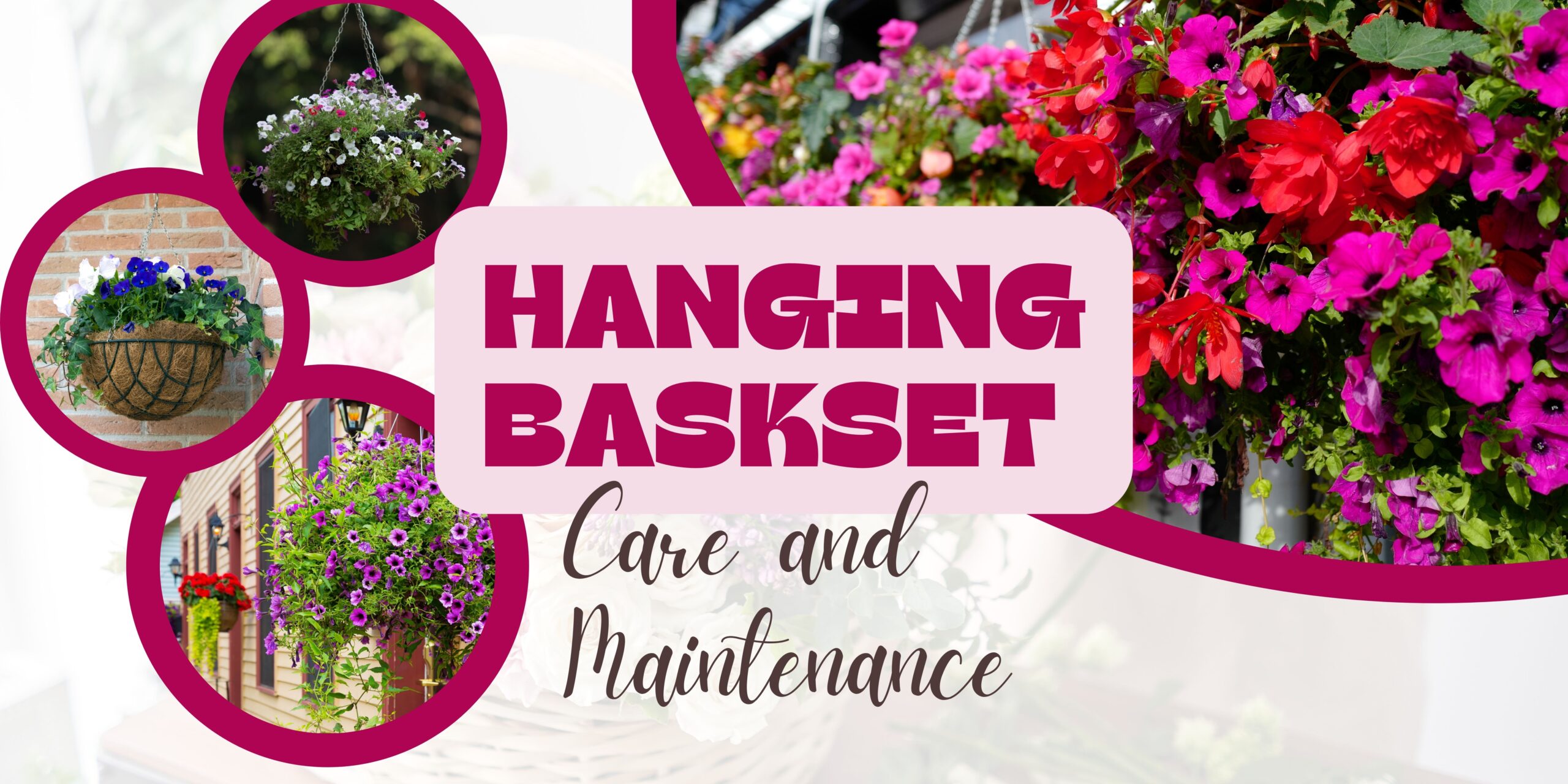The Pollinator Garden
What is a Pollinator Garden?
A Pollinator Garden is a garden that has been designed with the specific intent to attract and support pollinators. When we think of pollinators, typically bees come to mind, but we have several other species that are also worth attracting. These include butterflies, hummingbirds, and even sphinx moths.
Why is a Pollinator Garden SO Important?
It is estimated that about 90% of our plants require some sort of animal-mediated pollination to produce fruit and reproduce. This includes the majority of our food crops such as fruits, vegetables, and nuts. Without a healthy abundance of pollinators, life-nourishing plants would become scarce for both humans and other herbivores alike. At an extreme, our ecosystem would destabilize and we would eventually experience a significant loss of species on our planet, including possibly our own. Pollinators are crucial for the survival of our species.
What’s scary is that bees, our most efficient and effective pollinator species, are now on the endangered species list. Bee colonies are continually decreasing in many areas all over the world. In Alberta, our winter records have shown a disheartening 40% decrease in colony populations in some areas. The decline of bees is thought to be contributed by two major factors. The first is climate change. The second is the loss of resources.
But what can we do about it? Plant a Pollinator Garden of course! When planning a pollinator garden, diversity is key! Plan for a wide variety of different flowering plants with different colours, shapes, and bloom times to attract and support a wide variety of pollinator species. Native plants are the best! You can also consider reducing or eliminating the use of chemical pesticides in your garden. And lastly, provide a clean water source. We highly recommend visiting the Alberta Native Bee Council, the Edmonton Native Plant Group, and Edmonton & Area Land Trust to learn more about supporting our local pollinators.
Native Plant List PDFs :
AWES : Recommended Native Pollinator Friendly Plants for the Aspen Parkland Region of Alberta
Edmonton Native Plant Society : Native Plants to Attract, and Help to Protect, Bees and Butterflies
Our Bees
Alberta has many species of bees, but honey bees, bumblebees, and leafcutter bees are the best pollinators for our area. To support our local bees best, choose Native plants with a variety of colours and bloom times. High nectar plants and plants with early spring blooms are especially helpful in supporting bees.
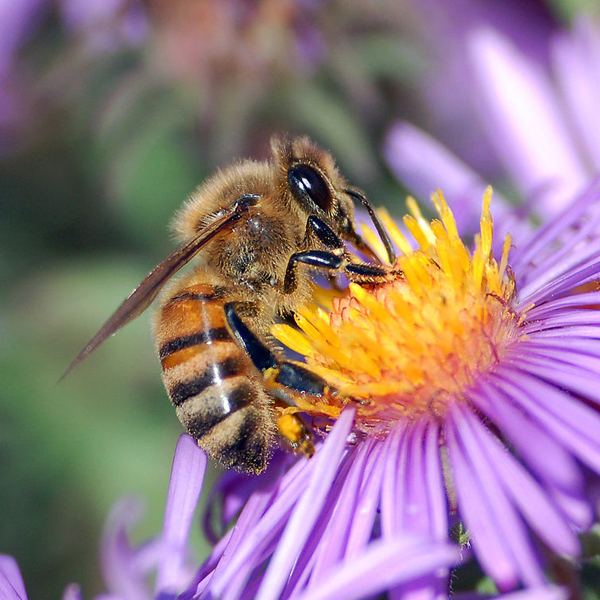
Honey Bees
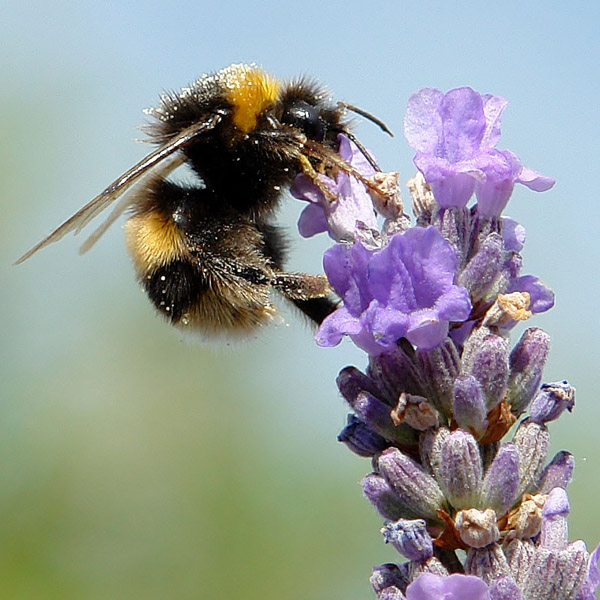
Bumblebees
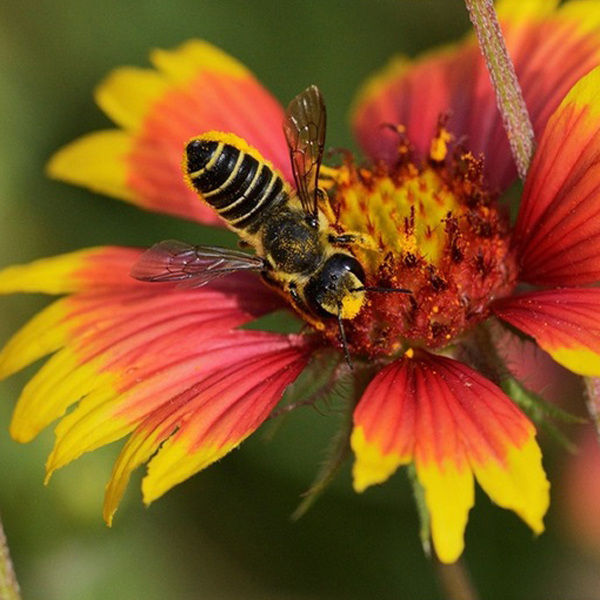
Other Bees
Our Butterflies
While butterflies are less efficient pollinators than bees, they are still very effective and have a place in our ecosystem. Six of the more common species found in Alberta include Monarchs, Canadian Swallowtails, Painted Ladies, White Admirals, Clouded Sulphurs, and the Azures. Creating an attractive habitat for butterflies is a bit more involved than just planting some pretty flowers. Here is a great resource for building backyard butterfly habitats in Canada, written by the David Suzuki Foundation!
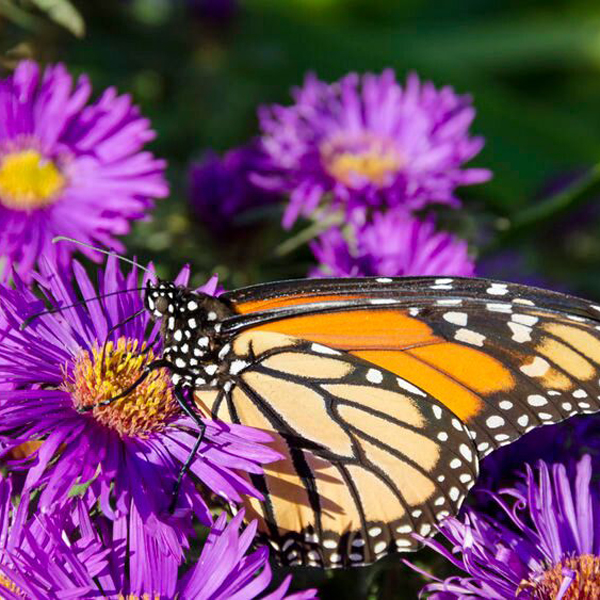
Monarch Butterfly
Danaus plexippus
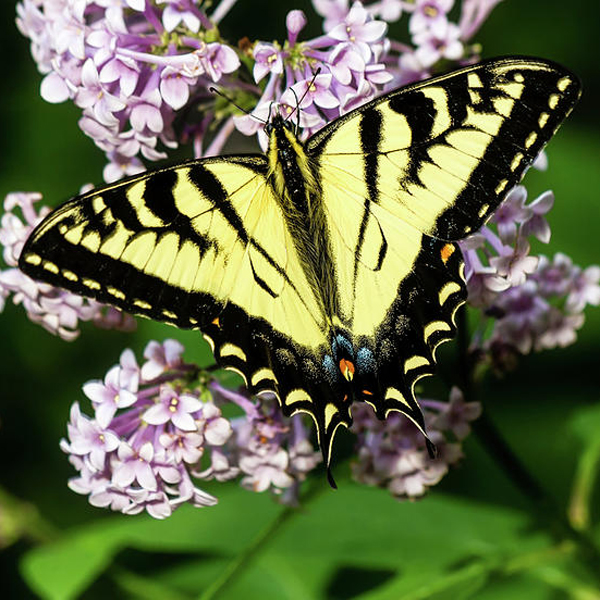
Canadian Swallowtail Butterfly
Papilio canadensis
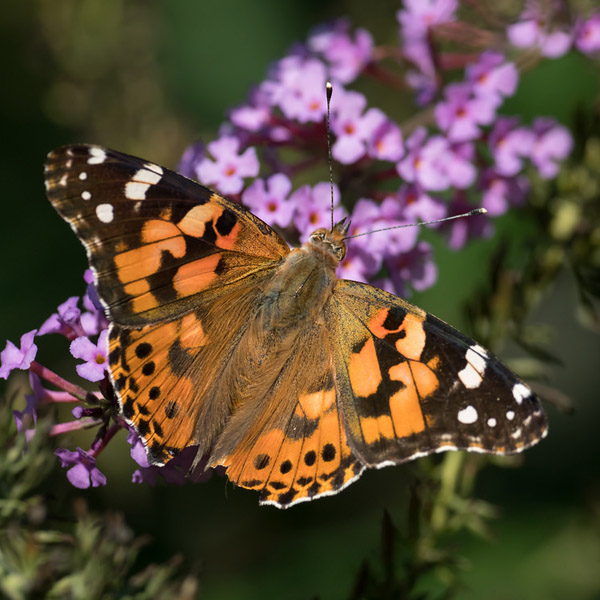
Painted Lady Butterfly
Vanessa cardui
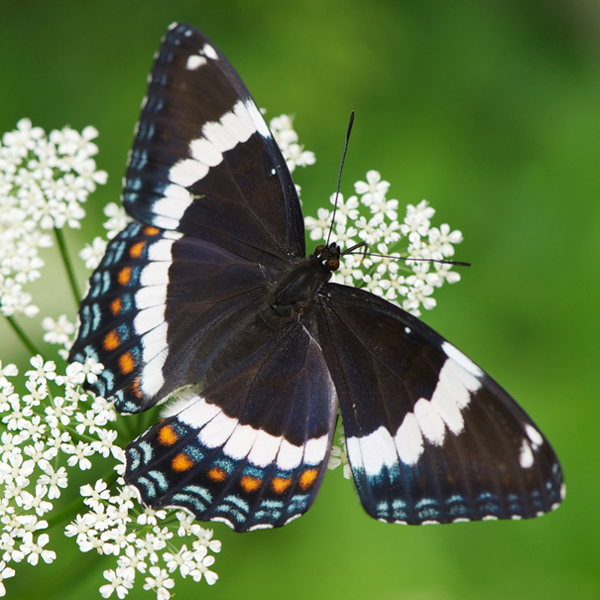
White Admiral Butterfly
Limenitis arthemis
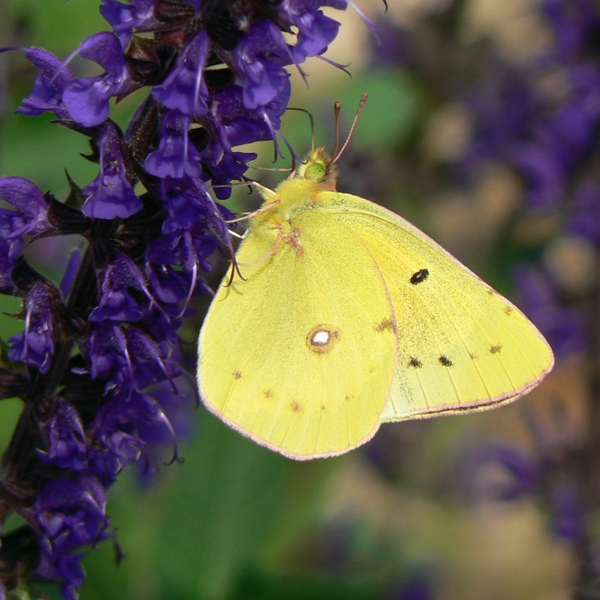
Clouded Sulphur Butterfly
Colias philodice
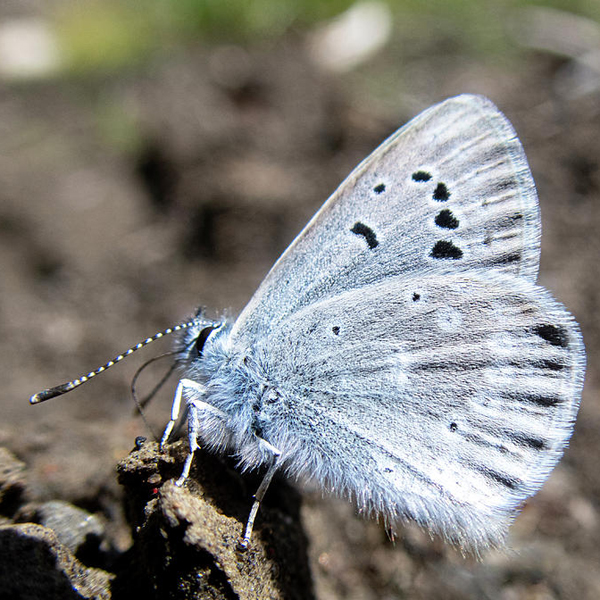
Spring Azure Butterfly
Celastrina ladon
Our Hummingbirds
When we think of pollinators, most of us don’t think of hummingbirds, but they are another great pollinator to bring to the yard. To attract hummingbirds, focus on plants with brightly coloured flowers with long tubular shapes. For more on attracting and creating a habitat for hummingbirds check out our blog on the Bird Garden.
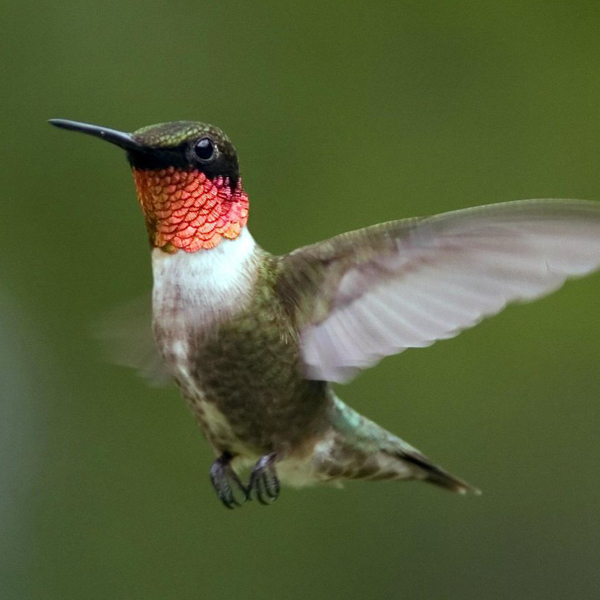
Ruby-throated Hummingbird
Archilochus colubris
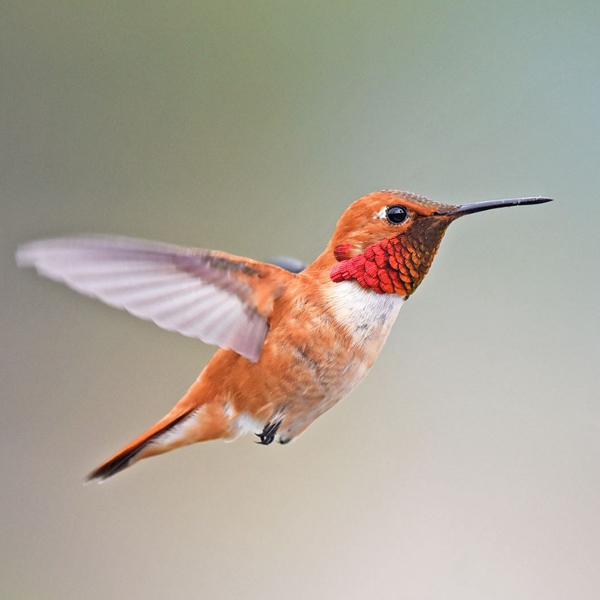
Rufous Hummingbird
Selasphorus rufus
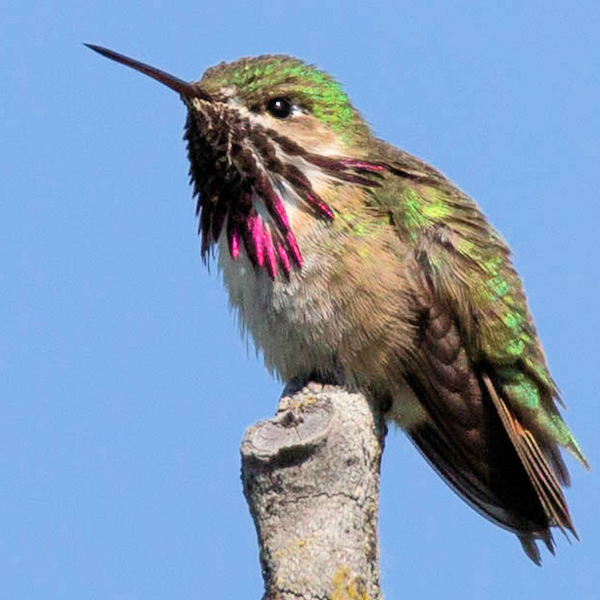
Calliope Hummingbird
Selasphorus calliope
Our Sphinx Moths
Is it a bee? …a hummingbird? …a butterfly? Nope, it’s the curious Sphinx Moth, another species of pollinators we often overlook. Sphinx moths are large, fast moths sometimes observed nectaring at flowers much like hummingbirds would. Alberta has a few varieties of these odd species, but the two most common are the Galium Shinx and the Snowberry Clearwing. To attract these interesting speciems, plant brightly coloured nectar-rich flowering plants.
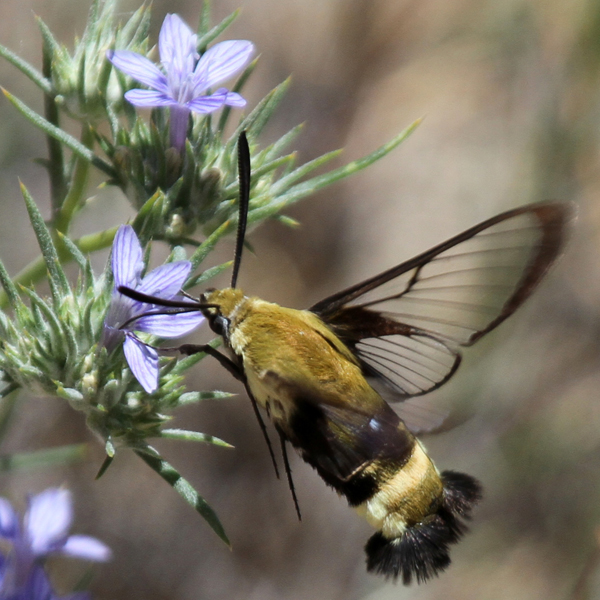
Snowberry Clearwing
Hemaris diffinis
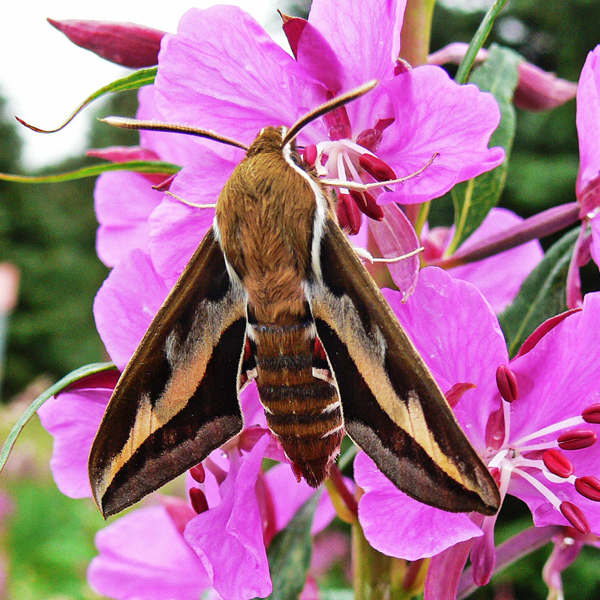
Galium Sphinx
Hyles gallii
 |
| 